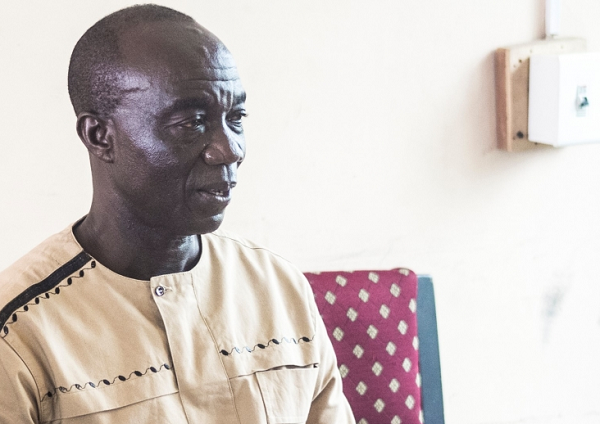
Ghana makes strides in national electrification Challenges remain in off-grid areas
The country’s electrification penetration rate now stands at 80 per cent.
This is, however, in spite of the fact that there are still many island and remote communities that lack access to grid electricity for productive use in homes and businesses.
One of such communities is the Kwahu Afram Plains North, where about 75 per cent of communities on the two big islands, the Dwarf Island and the Deja Island, are connected to electricity from the national grid.
“This tells you how difficult it is to access energy in the district.
But what we are hoping for now is the extension of electricity to especially the island communities through the mini-grid system,” the District Chief Executive for the area, Mr Samuel Kena, said at the second SNV Voice for Change Partnership Programme (V4C) learning event in Accra.
He stated: “We pray the SNV to help fast track the process so that communities on the two big islands will also get access to energy because without the mini-grid, the district will forever remain in darkness.”
Mr Kena expressed gratitude to the SNV for helping the district to start the piloting of the solar panel in the Faso-Battor community, through which the Community-Based Health Planning and Services (CHIPS) compound has been connected and power is no longer a challenge to them.
More than 640 million Africans (about 40 per cent of the continent’s population) do not have access to reliable and affordable grid-connected electricity and are dependent on energy sources such as kerosene, charcoal and diesel.
Off-grid power can be defined as electricity that is not part of a national power distribution network. These stand-alone systems typically generate electricity from renewable sources such as wind, solar and micro-hydro.
Rational for mini-grids
The World Bank Sustainable Energy for All (SE4ALL) database show electrification rate of about 90 per cent for the urban population in Ghana and for rural 67 per cent.
Over 200 islands and 2000 communities in 23 districts along the Volta lake still lack access to electricity and can only be electrified by mini-grids due to issues such as high distances, cost of underwater cables and scattered nature of settlements.
However, the Country Programme Coordinator, SNV, Mr Eric Banye, said those communities could not be ignored and that there was the need to explore alternatives.
“Electricity is equally a right. Hence, we need more focus on off-grid electrification for many rural overseas communities. The V4CP is and will continue to provide evidence and options for investment to ensure the remaining 20 per cent have access,” he stated.
Mr Banye called on all stakeholders, especially government, to contribute to dialogue on the V4C thematic issues and more coordinated approach to the development and implementation of inclusive policies.